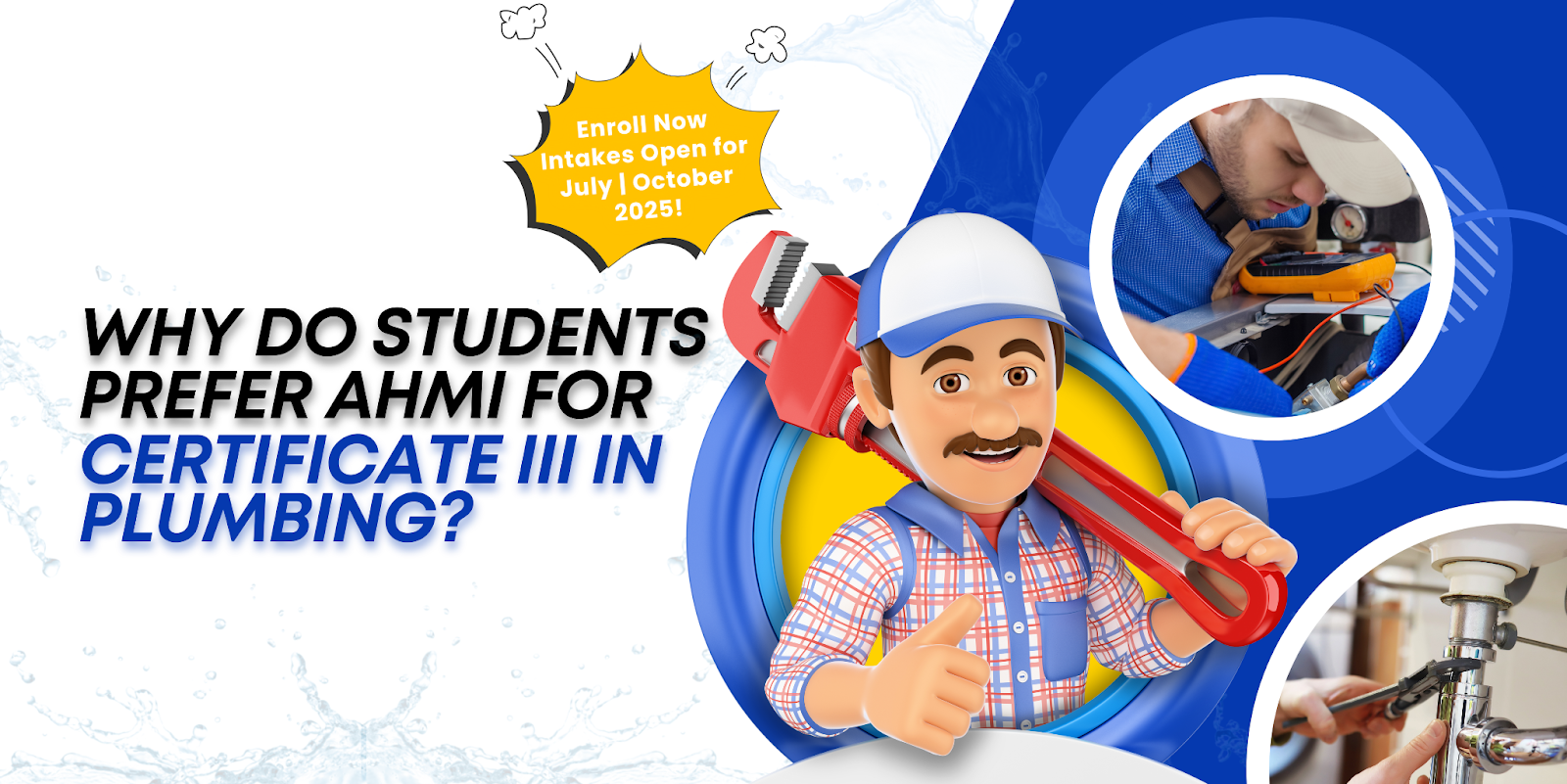A Certificate III in Carpentry from institutions like AHMI (Australian Health and Management Institute) equips you with essential skills for a successful career in carpentry. Here are some key skills you can expect to develop
Practical Carpentry Skills
In a Certificate III Carpentry program, you’ll acquire hands-on skills crucial for effective work on construction sites. You’ll learn how to safely operate tools and equipment, build structures like walls and roofs, and install fixtures and finishes. Mastering these practical skills ensures you can handle various carpentry tasks with confidence and precision.
Reading Plans and Specifications
Understanding and interpreting building plans is vital in carpentry. The program will teach you to accurately read construction documents and specifications, ensuring that your projects meet design requirements. This skill is essential for following blueprints and aligning projects with both functional and aesthetic needs.
Material Measurement and Calculation
Accurate measurement and calculation are fundamental in carpentry. You’ll learn how to measure materials precisely and calculate the quantities needed for projects. This helps in making efficient use of resources and minimizing waste, which is critical for successful and cost-effective carpentry work.
Building Codes and Regulations
Knowledge of building codes and regulations is crucial for any carpenter. You’ll gain an understanding of legal and safety standards that govern construction practices. This ensures that all your work complies with industry regulations and maintains high safety and quality standards.
Teamwork and Communication
Effective collaboration and communication are key in carpentry. You’ll develop skills to work effectively with other tradespeople and contractors, learning how to coordinate tasks and manage project aspects. Good communication ensures clear information exchange and smooth operation on construction sites.
Problem-Solving and Adaptability
Carpentry often involves handling unexpected challenges. You’ll learn problem-solving techniques to overcome obstacles and develop adaptability skills to adjust to varying project requirements and site conditions. These abilities are essential for navigating and resolving issues that arise during construction.
Health and Safety Practices
Safety is a top priority in carpentry. The program will train you in essential health and safety practices, including identifying hazards and using protective equipment. Learning to maintain a safe working environment is crucial for preventing accidents and ensuring a safe job site.
Institutions like AHMI offer a Certificate III in Carpentry that combines practical skills with theoretical knowledge. By developing these key skills, you’ll be well-prepared to start a rewarding career in carpentry, contributing confidently to the construction industry.







